COVID-19 Episurvelliance study
Study Prevalence, 1 year-incidence and acquisition risks in 3000 individuals equally distributed in the following three groups: healthy individuals, residents of the medical school, HIV-infected inviduals.
COVID-19 Biobank
Creation of a Biorepository for the Medical School of the University of Minnesota collecting specimen from in and outpatient with or without SARS-CoV-2 infection
Host and Microbial Genetic Determinants of Persistent Vaginal Dysbiosis Despite Treatment
Bacterial vaginosis(BV) creates a 4-fold increase in the risk of acquiring HIV. Substantial genetic differences exist between strains of BV-associated bacteria, due in large part to ongoing genetic exchange with bacteriophages. It is hypothesized that the need for conditional differentiation and resource partitioning within the cycling vaginal ecosystem places selective pressure on bacterial genomes to maintain prophage accessory genes that confer expanded functions, including mechanisms of immune escape, auxiliary metabolic pathways, enhanced adherence capabilities, and increased capacity for biofilm production. The hypothesis is that by identifying accessory genes provided by the virome that correlate with persistent BV will allow us to discover the mechanisms that contribute to differential outcomes of antibiotic treatment.
METABOLISM OF HIV ANTIRETROVIRALS BY GUT MICROBIOTA
Investigating the potential role of gut bacteria to metabolize common antiretrovirals used to treat and prevent Human Immunodeficiency Virus (HIV) which could contribute to inter-individual differences in bioavailability, drug side-effects, or efficacy.
IDENTIFYING GUT MICROBES ASSOCIATED WITH IMMUNOLOGICAL RESPONDERS AND NON-RESPONDERS IN HIV INFECTION
We are investigating differences in the gut microbiome of individuals who immunologically respond to treatment for HIV infection versus those who do not so that we can better understand the factors that determine treatment response.

